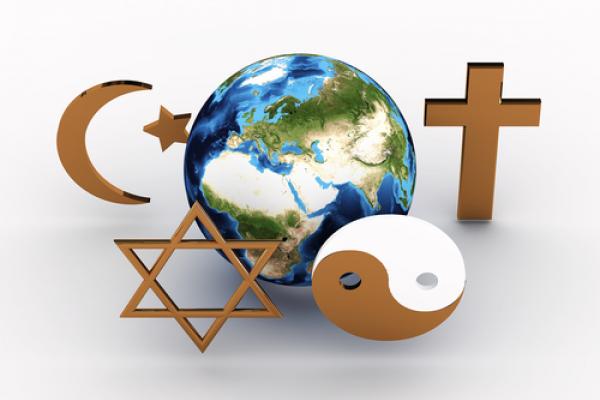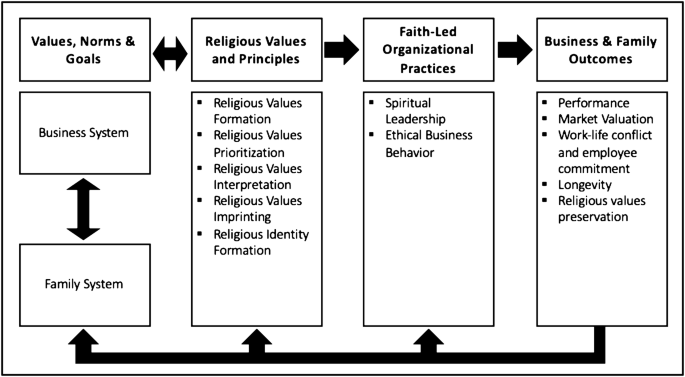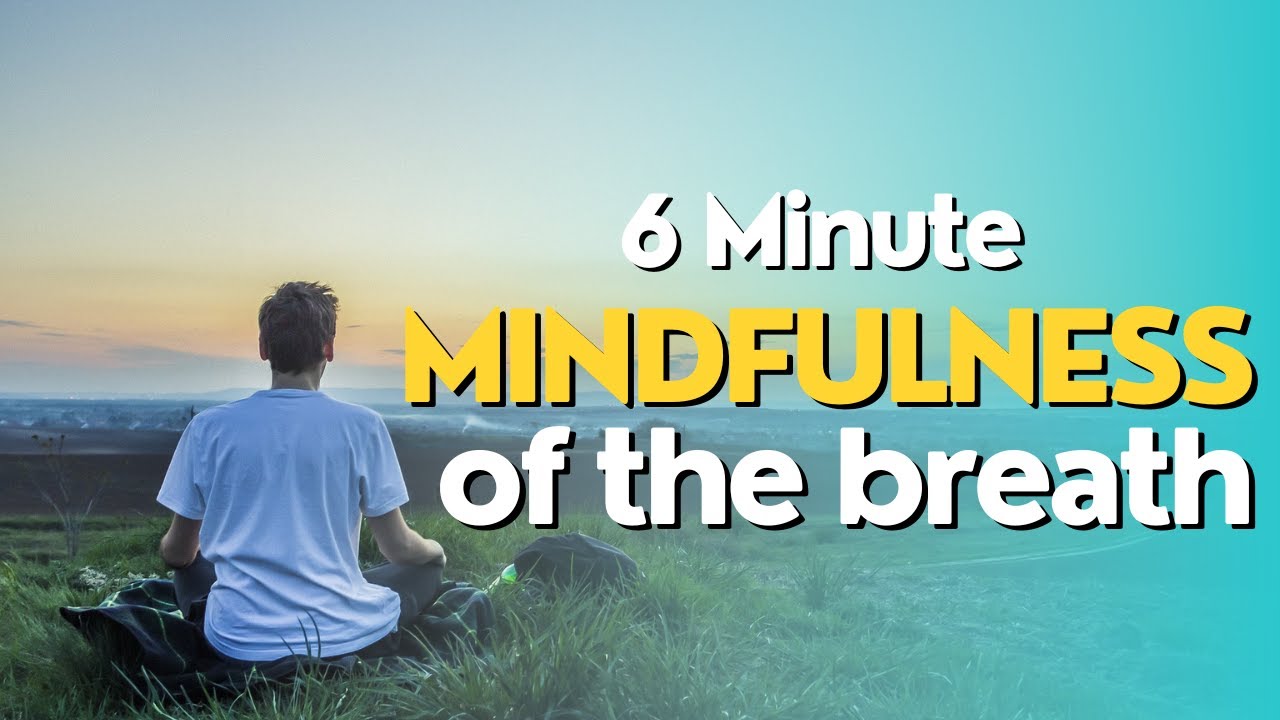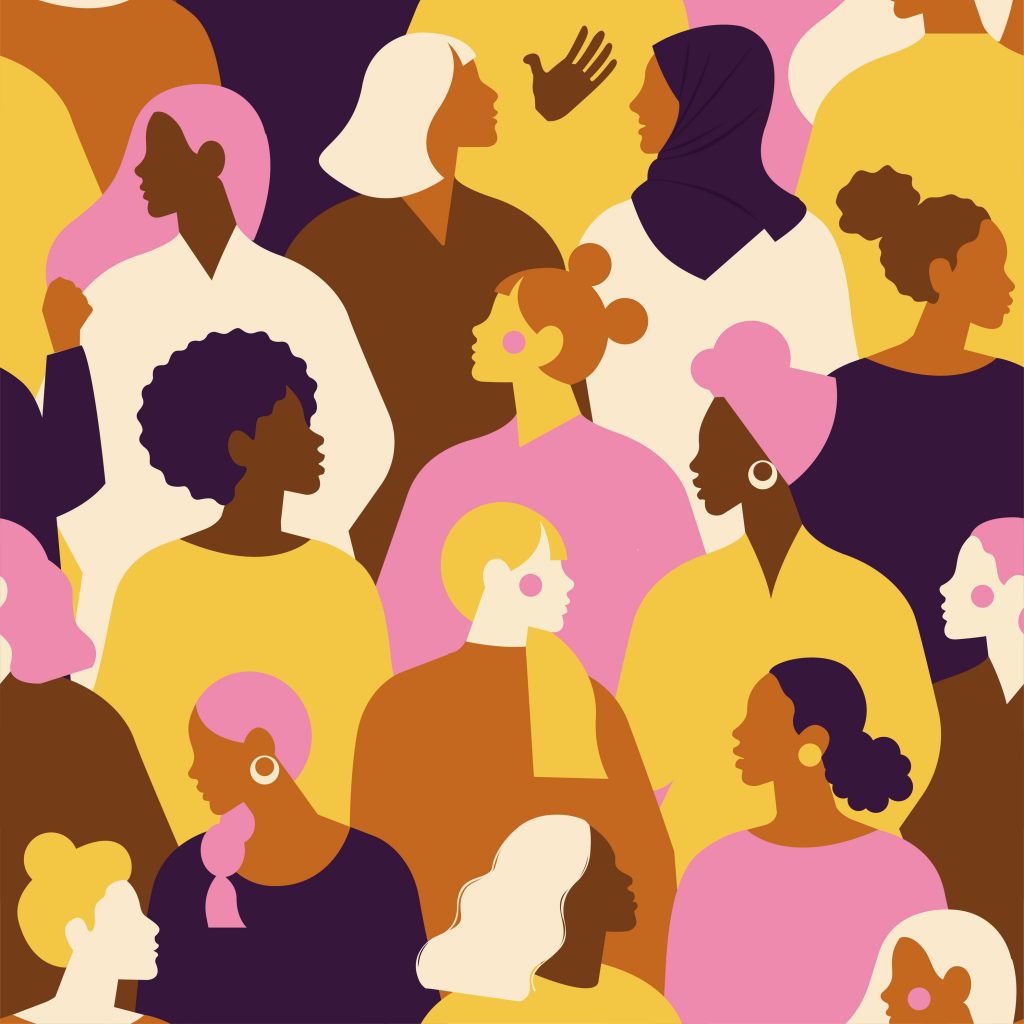Religion, ethics, and morality are intertwined, complex concepts that can greatly influence our sense of right and wrong. Exploring the intersection of these three concepts can help us better understand the values that shape our lives.
Religion is a set of beliefs, practices, and traditions that are typically based on a shared set of values and norms. For many people, religion serves as a source of moral guidance, offering a set of principles that define what is right and what is wrong. Religion can also provide a sense of communal belonging and connection to a higher power.
Ethics is a system of moral principles and values that helps us determine right from wrong. Ethics is often thought of in terms of professional conduct and decision-making, but it can also provide insight into our personal lives. By exploring ethical issues, we can gain a better understanding of our own values and how they inform our actions.
Morality refers to our beliefs and behaviors regarding what is right and wrong. Morality is often shaped by our culture, upbringing, and personal experiences, but it is also heavily influenced by our religious beliefs and ethical values. Exploring the intersections between religion, ethics, and morality can help us gain a better understanding of the choices we make and the values that guide us.
At the intersection of religion, ethics, and morality, we can explore questions such as: What are the core values and beliefs of my faith and how do they shape my sense of right and wrong? How do my ethical values inform my actions? What is the relationship between religious beliefs and moral behavior?
Exploring these questions can help us better understand our own values and beliefs and how they impact our lives. By understanding the intersection of religion, ethics, and morality, we can gain insight into how these concepts shape our decisions, our relationships, and our world.











